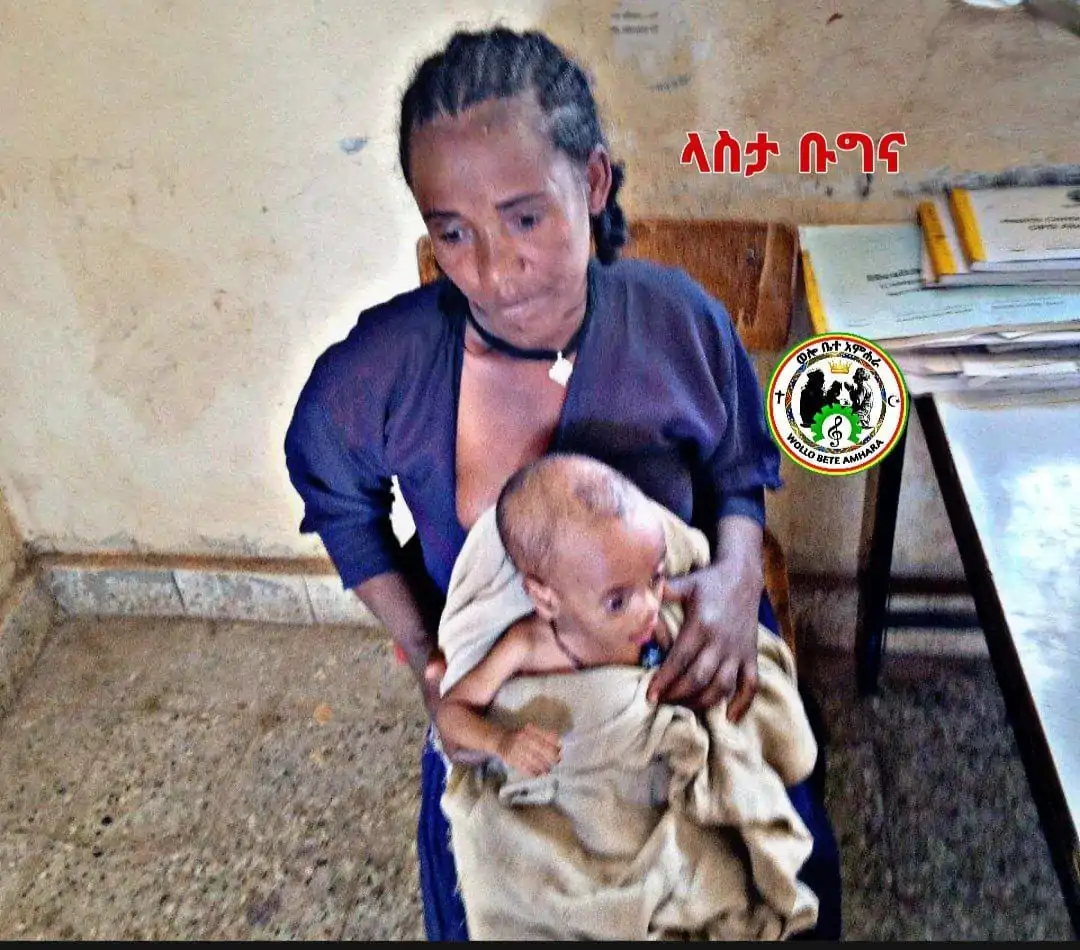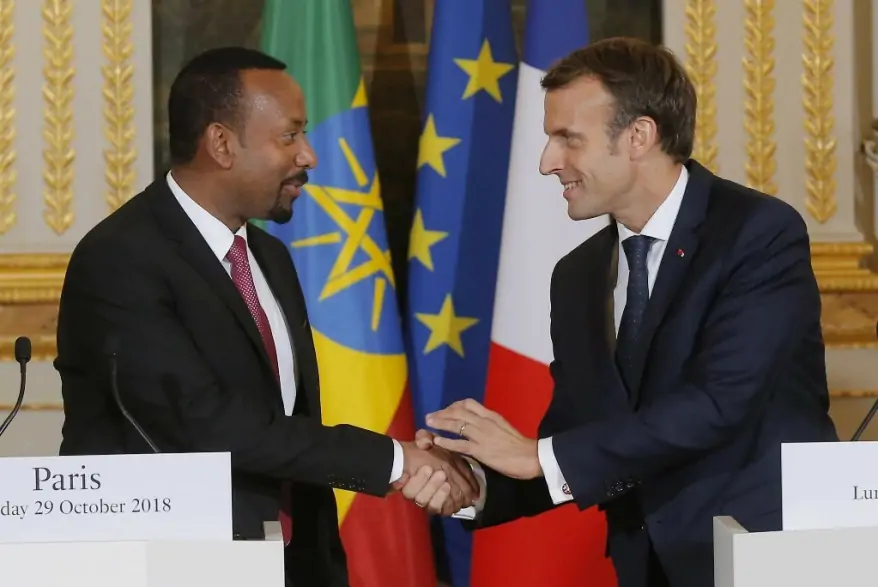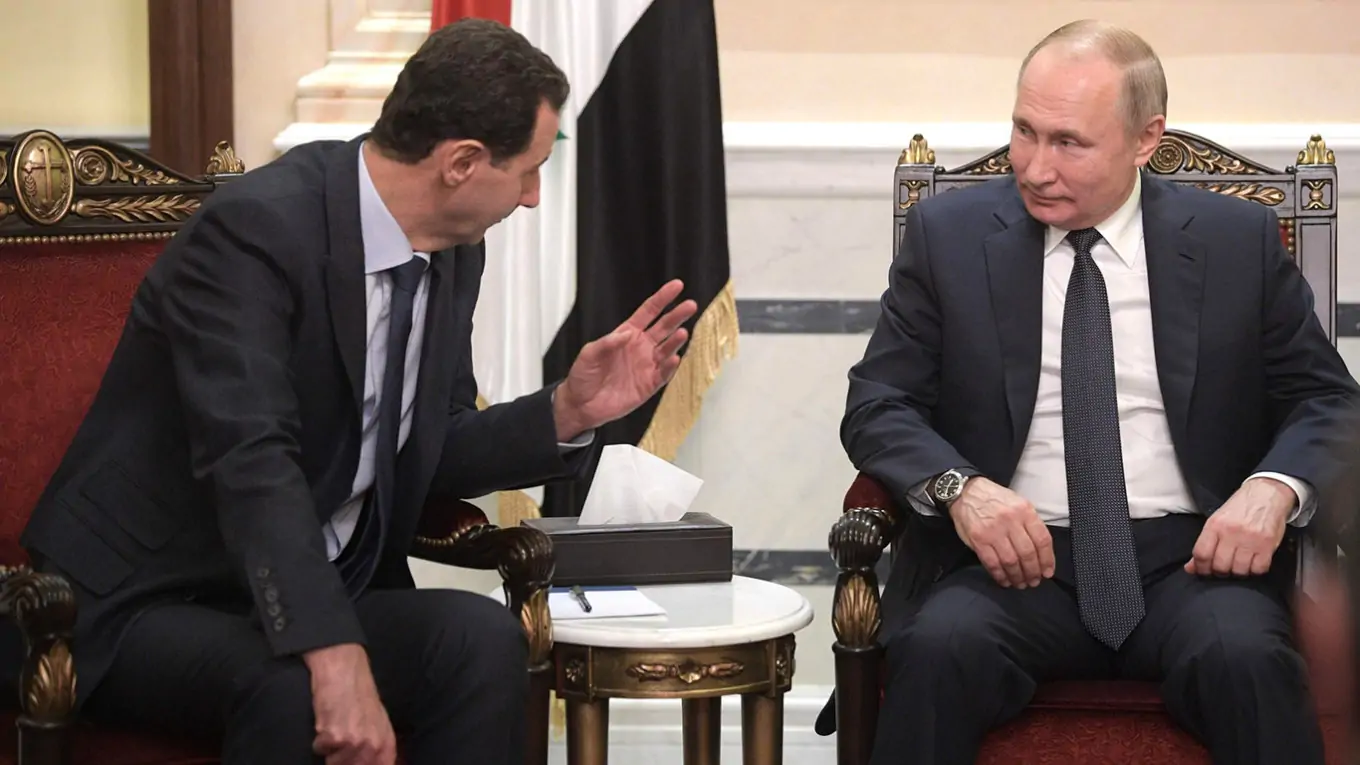(AFP)
A picture taken on May 28, 2013 shows the Blue Nile River in Guba, Ethiopia, during its diversion ceremony (AFP/File, William Lloyd-George)
Map
ADDIS ABABA — Ethiopia will press ahead with the construction of its Grand Renaissance Dam on the Blue Nile River, officials said Thursday, the day after Egypt warned “all options are open” if its water supply is affected.
“We are going to continue with our project, I don’t think it will depend on the will of politicians in Egypt,” said Getachew Reda, spokesman for Ethiopian Prime Minister Hailemariam Desalegn.
“As far as the will of the Ethiopian government and the will of the Ethiopian people are concerned, there shouldn’t be any question whatsoever about the Renaissance Dam, it will continue,” he added.
Ethiopia last week began diverting the Blue Nile some 500 metres (yards) from its natural course, sparking anger from some Egyptian politicians.
The Blue Nile joins the White Nile in the Sudanese capital Khartoum to form the Nile which then flows through Egypt.
Egypt on Wednesday said it would demand that Ethiopia end construction of the massive dam, which is being built at a cost of $4.2 billion.
“Other people have a right to seek their own interests. But there must be guarantees that the Ethiopian dam will not harm Egypt, otherwise all options are open,” said Ayman Ali, an Egyptian presidential adviser, in comments carried by the official MENA news agency..
The first phase with an output of 700 MW is expected to be completed in 2016, when the massive hydroelectric project will have a capacity of 6000 MW.
Cairo believes more studies are needed of the dam’s impact on its water supply which is almost entirely dependent on the Nile, and it has rejected a report by international experts which minimizes the impact on upstream river levels.
Getachew stood by the report and said “spin masters” should not selectively accept and reject the report’s findings.
“It is not for Egypt to select the part of the findings they agree with and the part they don’t agree with,” he told AFP.
He said relations between the two countries remain friendly, and dismissed the possibility of a military confrontation as “the stuff of science fiction, not reality.”
The presidency in Egypt has said the dam is a national security issue.
Ethiopia has invited Egyptian President Mohamed Morsi for talks on the dam, according to Getachew, though stopping construction “is not going to be negotiated,” he added.
Egypt believes its “historic rights” to the Nile are guaranteed by two treaties from 1929 and 1959 which allow it 87 percent of the Nile’s flow and give it veto power over upstream projects.
But a new deal was signed in 2010 by other Nile Basin countries, including Ethiopia, allowing them to work on river projects without Cairo’s prior agreement.
Ethiopia is building several dams throughout the country, with the ultimate aim of exporting electricity to neighbouring countries including Kenya, Sudan and Djibouti.
Source: AFP















